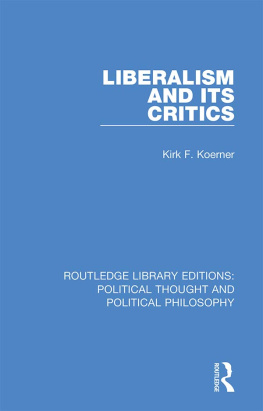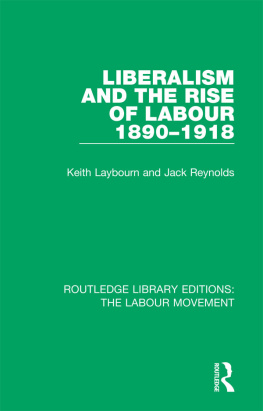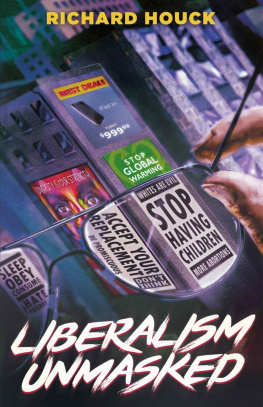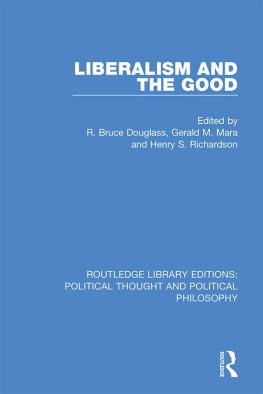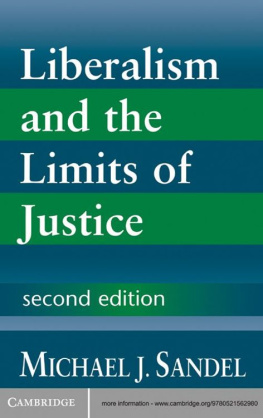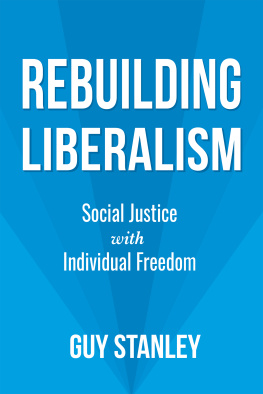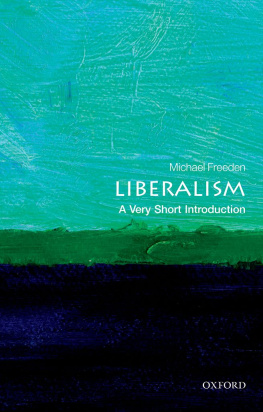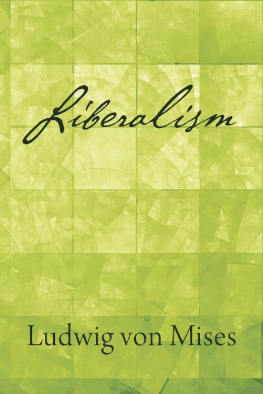First published in 1985 by Croom Helm Ltd
This edition first published in 2020
by Routledge
2 Park Square, Milton Park, Abingdon, Oxon OX14 4RN
and by Routledge
52 Vanderbilt Avenue, New York, NY 10017
Routledge is an imprint of the Taylor & Francis Group, an informa business
1985 Kirk F. Koerner
All rights reserved. No part of this book may be reprinted or reproduced or utilised in any form or by any electronic, mechanical, or other means, now known or hereafter invented, including photocopying and recording, or in any information storage or retrieval system, without permission in writing from the publishers.
Trademark notice: Product or corporate names may be trademarks or registered trademarks, and are used only for identification and explanation without intent to infringe.
British Library Cataloguing in Publication Data
A catalogue record for this book is available from the British Library
ISBN: 978-0-367-21961-1 (Set)
ISBN: 978-0-429-35434-2 (Set) (ebk)
ISBN: 978-0-367-23373-0 (Volume 33) (hbk)
ISBN: 978-0-429-27957-7 (Volume 33) (ebk)
Publishers Note
The publisher has gone to great lengths to ensure the quality of this reprint but points out that some imperfections in the original copies may be apparent.
Disclaimer
The publisher has made every effort to trace copyright holders and would welcome correspondence from those they have been unable to trace.
1985 Kirk F. Koerner
Croom Helm Ltd, Provident House, Burrell Row,
Beckenham, Kent BR3 1AT
Croom Helm Australia Pty Ltd, Suite 4, 6th Floor,
6476 Kippax Street, Surry Hills, NSW 2010, Australia
British Library Cataloguing in Publication Data
Koerner, Kirk F.
Liberalism and its critics.
1. Liberalism
I. Title
320.51 JC571
ISBN 0-7099-1551-9
Printed and bound in Great Britain
by Billing & Sons Limited, Worcester.
Although liberalism and liberal democracy remain the prevailing political doctrines in much of the Western world, many argue that neither are relevant to new-felt needs. Liberal values and liberal institutions, that is, are increasingly open to criticism as conservative and socialist critics continue to question both the intellectual ancestry of the liberal tradition and the actual political forms and processes in liberal-democratic states. Despite challenges from both left and right, liberals continue to assert the importance of liberal values and liberal institutions if mankind is to live in freedom and dignity, under the rule of law, free from the capricious and arbitrary exercise of political power.
This book considers the intellectual origins and evolution of the liberal tradition and examines the arguments of four contemporary critics of liberalism: C. B. Macpherson, Herbert Marcuse, Leo Strauss, and Michael Oakeshott. Macpherson, a Canadian political theorist of Marxist persuasion, argues that liberal-democratic society may be described as possessive market society, its actual origins to be found in the political theories of possessive individualism of much seventeenth, eighteenth and nineteenth-century liberal political thought, in particular in the thought of Thomas Hobbes, the Levellers and John Locke. In Macphersons view, liberal democracy is inherently defective in that its fundamental morality is a market morality which has subverted other values including equality and liberty.
The second critic of liberalism to be considered here is the late Herbert Marcuse whose provocative writings including works such as Eros and Civilization and One-Dimensional Man , inspired much New Left thought in Britain, America and around the world. In Marcuses view, liberal democracy is a one-dimensional society in which technological imperatives have usurped political values in the interest of industrial development and high mass consumption. Liberal-democratic society may also be characterized by what Marcuse describes as the condition of democratic unfreedom in which manipulation by elites has replaced rule by the people.
The third critic of liberalism to be considered here is Leo Strauss, one of the foremost contemporary conservative critics of liberalism. Strauss argued that beginning with Machiavelli, the modern project of the Western world has been governed by the pursuit of pleasure as pleasure rather than by the classical quest for wisdom and virtue. In his view, liberalism beginning with the political thought of Thomas Hobbes and John Locke, abandoned the political insight of the ancients in favour of a hedonistic and relativistic system of values under which all absolute norms have been rendered instrumental to the pursuit of happiness, pleasure, and material gain. Strauss wonders, however, whether the modern project, so defined, has produced either happiness or satisfaction and asks whether mankind has not become smaller and more miserable as the modern project progresses.
The fourth critic of liberalism considered here is the British political theorist, Michael Oakeshott, whose critique of rationalism in politics has persuaded many that liberalism is the politics of the politically inexperienced and that liberalism, if carried to its ultimate end, would usurp traditional patterns of attending to and making political arrangements. Liberalism, that is, is a political crib or a political ideology which, like all political ideologies, abstracts certain particulars from the rich and diverse world of political experience in the interest of constructing a political handbook for new classes and new rulers who lack the insight of political education and political experience.
All four critics of liberalism considered here are therefore critical of the intellectual origins of the liberal tradition and are deeply pessimistic about its merits and prospects. All four are systematic in their criticisms, tracing the evolution of liberalism from its origins in seventeenth-century political thought through to its expression in present day liberal-democratic societies. This book examines their arguments in considerable detail and wonders whether their reservations about liberalism are truly justified both in terms of their interpretations of the origins of the liberal tradition and in terms of the kinds of societies which they believe ought to replace prevailing liberal systems.
Despite the arguments of the critics of liberalism, liberals have attempted to defend the doctrine and here the work of the philosophers John Rawls, John Chapman, Robert Nozick and Sir Isaiah Berlin, among others, and the arguments of economists such as Milton Friedman and Friedrich von Hayek, among others, take on important theoretical significance. Can liberalism, these thinkers ask, be restated or restructured so as to recapture the imagination of modern man? Does liberty remain an important and meaningful value and how may freedom be reconciled with other values such as justice or equality?
The concluding chapter of this book therefore considers modern liberalism, the present controversy, and examines in particular the controversy surrounding the concept of liberty itself. Must we return, as Hayek, Friedman and Robert Nozick have suggested, to classical liberal principles of laissez-faire or as John Rawls and John Chapman argue, must we introduce principles of distributive justice into liberal theory in the interest of promoting equality and fairness? In addition, the final chapter considers the controversy surrounding the philosophical foundations of liberal-democratic society. Does utilitarianism provide a satisfactory guarantee of the rights of man or is a contractarian theory of justice based on a revived notion of natural law more likely to guarantee political freedom? Once again, the work of the Harvard philosopher, John Rawls, becomes particularly relevant.

